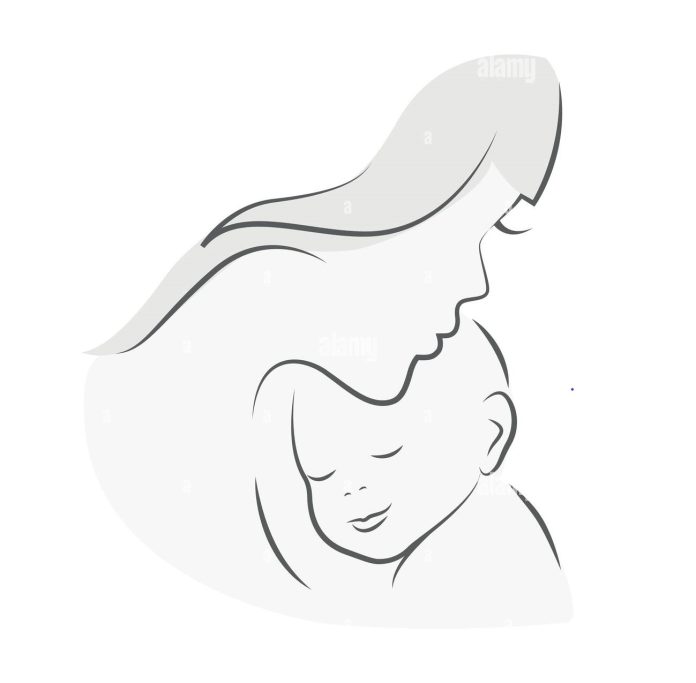Global progress in reducing deaths of pregnant women, mothers, and babies has flat-lined for eight years due to decreasing investments in maternal and newborn health, according to a new report from the United Nations.
The report shows that over 4.5 million women and babies die every year during pregnancy, childbirth, or the first weeks after birth – equivalent to one death happening every seven seconds – mostly from preventable or treatable causes if proper care was available.
“Pregnant women and newborns continue to die at unacceptably high rates worldwide, and the COVID-19 pandemic has created further setbacks to providing them with the healthcare they need,” said the Director of Maternal, Newborn, Child and Adolescent Health and Ageing at the World Health Organisation, Dr Anshu Banerjee.
“If we wish to see different results, we must do things differently. More and smarter investments in primary healthcare are needed now so that every woman and baby – no matter where they live – have the best chance of health and survival.”
The report titled ‘Improving maternal and newborn health and survival and reducing stillbirth,’ assesses the latest data on these deaths and tracks the provision of critical health services.
Overall, the report shows that progress in improving survival has stagnated since 2015, with around 290,000 maternal deaths each year, 1.9 million stillbirths – babies who die after 28 weeks of pregnancy – and a staggering 2.3 million newborn deaths, which are deaths in the first month of life.
The COVID-19 pandemic, rising poverty, and worsening humanitarian crises have intensified pressures on stretched health systems.
“As is too often the case, vulnerability, fear, and loss are not spread equally around the world,” said Steven Lauwerier, UNICEF Director of Health. “Since the COVID-19 pandemic, babies, children, and women who were already exposed to threats to their well-being, especially those living in fragile countries and emergencies, are facing the heaviest consequences of decreased spending and efforts on providing quality and accessible healthcare.”
The report showed that funding shortfalls and underinvestment in primary healthcare can devastate survival prospects.
In the worst-affected countries in Sub-Saharan Africa and Central and Southern Asia – the regions with the greatest burden of newborn and maternal deaths – fewer than 60 per cent of women receive even four, of WHO’s recommended eight, antenatal checks.
“The death of any woman or young girl during pregnancy or childbirth is a serious violation of their human rights,” said the Director of the Technical Division at the United Nations Population Fund, Dr Julitta Onabanjo.
“It also reflects the urgent need to scale up access to quality sexual and reproductive health services as part of universal health coverage and primary health care, especially in communities where maternal mortality rates have stagnated or even risen during recent years.
“We must take a human rights and gender transformative approach to address maternal and newborn mortality, and it is vital that we stamp out the underlying factors which give rise to poor maternal health outcomes like socio-economic inequalities, discrimination, poverty, and injustice,” Onabanjo said.
To increase survival rates, women and babies must have quality, affordable healthcare before, during, and after childbirth, the agencies say, as well as access to family planning services.


